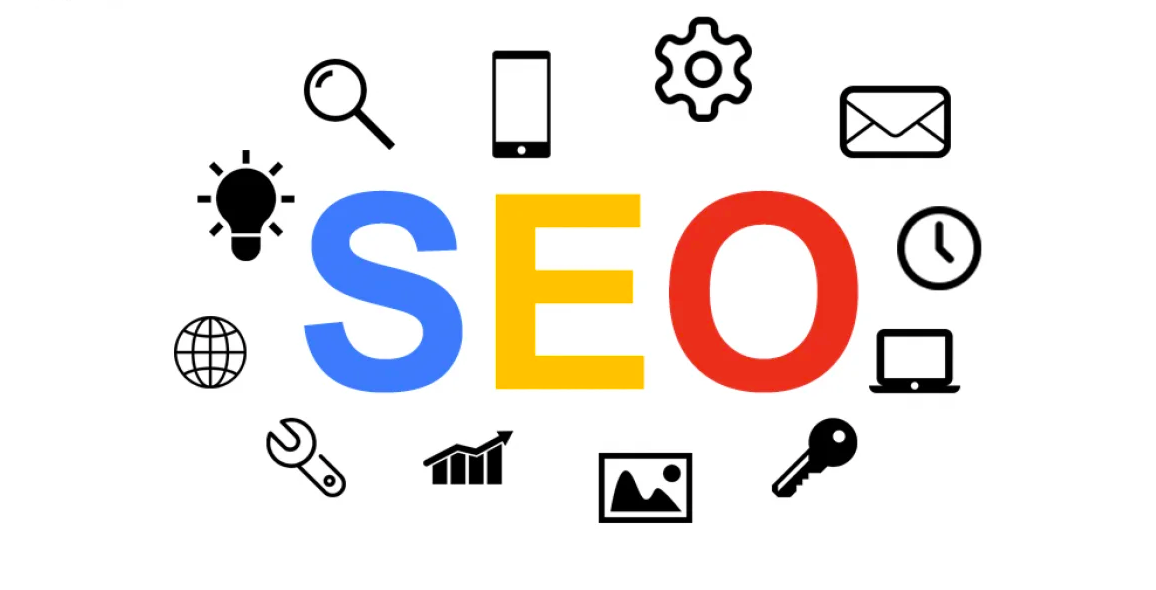What is SEO?
SEO or Search Engine Optimisation is a digital marketing strategy that focuses on your website’s visibility and rankings on search engine ranking pages (SERPs). SEO can help you attract your target audience and expand your reach by generating inbound website traffic organically. In this article, we will help you understand the basics of SEO.
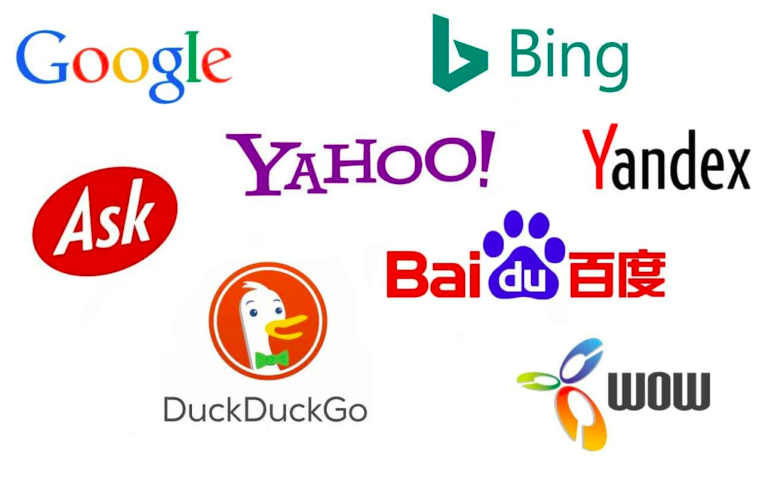
How does SEO work on search engines?
Search engines like Google rely on algorithms to crawl, index, and rank web pages based on context relevance and site and/or page authority. The main aim of SEO services is to optimize website elements such as keywords and phrases, meta tags, and content to ensure that search engines discover and serve your content when users search for related topics.
You may start by brushing up your basics about on-page and off-page SEO, and keep an eye on the latest algorithm updates to be well versed with what aspects of content search engines give preference to.
What are the key concepts of SEO
1. Keyword Research
Keyword research is one of the most important aspects of SEO. It involves identifying relevant words and key-phrases that users may search for. Example: a Melbourne based Digital Marketing agency might optimise a page for the phrase ‘Best SEO agency in Melbourne‘ because of its relevance. You can use tools like Google Ads keywords planner or SEMRush to carry out your keyword research.
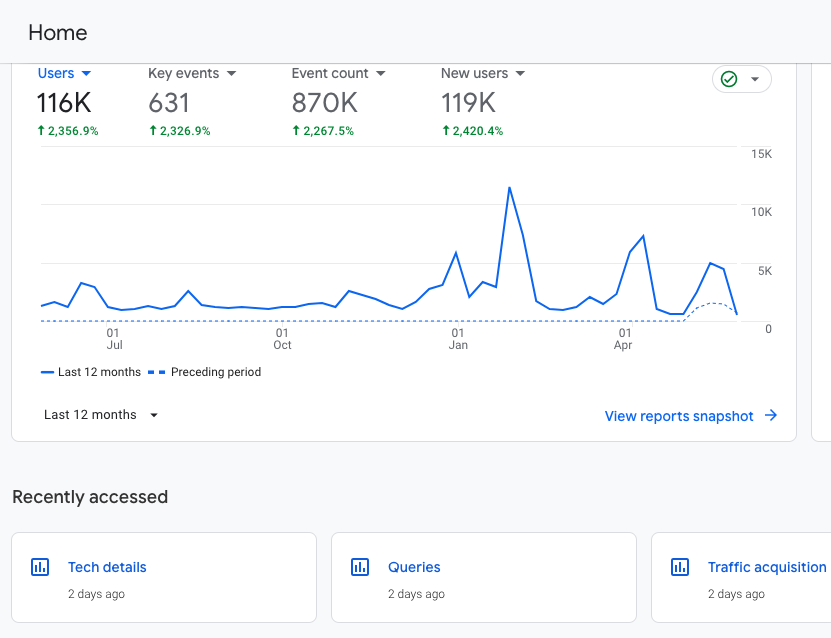
2. SEO-friendly Content Creation
Content is what SEO thrives on and you must write valuable content that resonates with readers and search engines alike. Then you need to optimise the content by integrating keywords, writing meta descriptions, including images to make it easier. Remember, content without context is not very useful; quality content helps in user engagement which further sends positive signals to search engines about your site.
3. Technical SEO
Technical SEO is another crucial part of search engine optimisation. It refers to improving the technical aspects of your website. Some of the key elements of technical SEO are site structure or navigational architecture, mobile-friendliness, and page speeds. Tools like Search Console and Google Page Speed can help you identify the key areas that require technical SEO improvement.
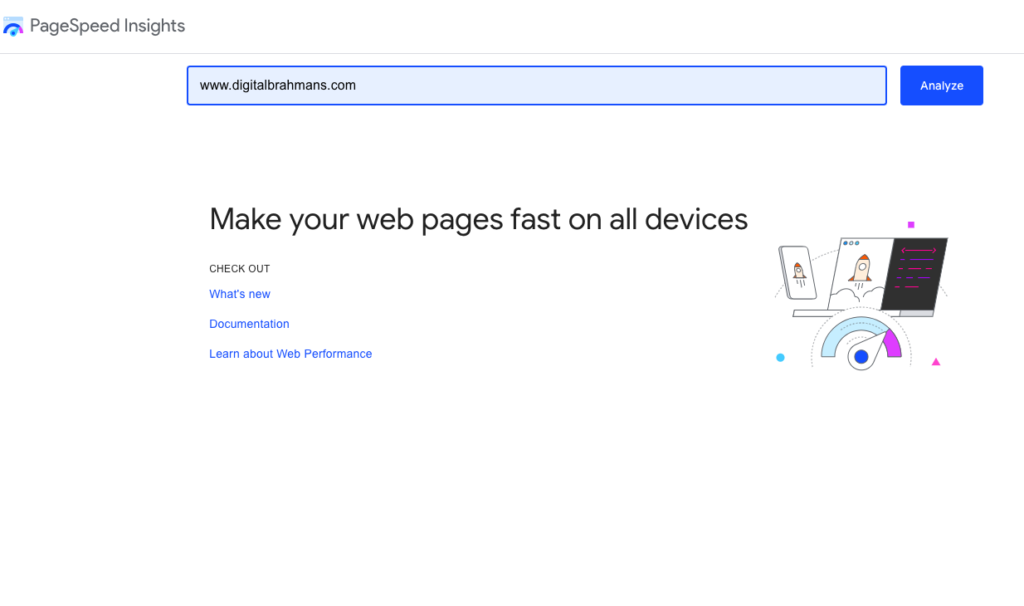
4. Analytics & Tools
Tools like Google Analytics can help you measure and track your website performance. It can highlight various key metics like website traffic, User Behaviour and Demographics, Sessions and CTR, Conversions, and much more. Mastering this tool will allow you to analyse data for better decision making for SEO and your business activity in general.
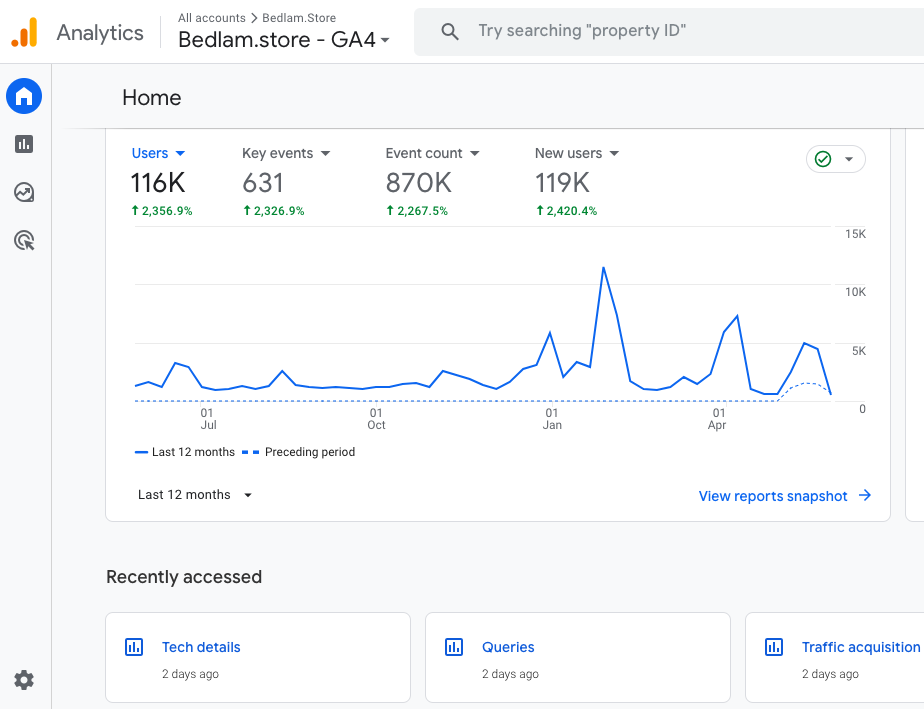
5. Link Building
Link building is the process of winning referring hyperlinks from other websites to your own. It is basically digital word-of-mouth referral method. Just like you want other people to talk about you, search engines want other websites to talk about your website. It is recommended to carry out this process manually rather than purchasing spammy links in bulk. Link-building is a great strategy for improving site authority as well as rankings on SERPs. You may generate links from guest blogging sites, directory submissions, social bookmarking sites, and creating shareable content.
What are benefits of SEO
Search engine optimisation can benefit your website in many ways – here are some of the key benefits of search engine optimisation:
- Increases your website visibility on search engines
- Improves your website domain authority and business credibility
- SEO captures customer intent by serving your website on SERPs just when they are searching for products or services in your industry
- Search engine optimisation drives relevant organic traffic to your website or digital profiles
- Increases brand awareness without having to constantly spend money on Ads and PPC campaigns.
- Increases chances of organic sales and improved ROI
- Search engine optimisation helps you compete with the big players who may have deep pockets to spend on Ads and PPC campaigns
- As there is no CPC in search engine optimisation, it helps you save money by capping your monthly marketing budgets and avoiding expensive Google Ads.
- Search engine optimisation continues to perform and deliver results even when your PPC campaigns are off due to budget constraints.
- SEO helps you gradually steer away from third-party e-commerce platforms who may get you the sales but take away a chunk off your revenue in high commission fees.
